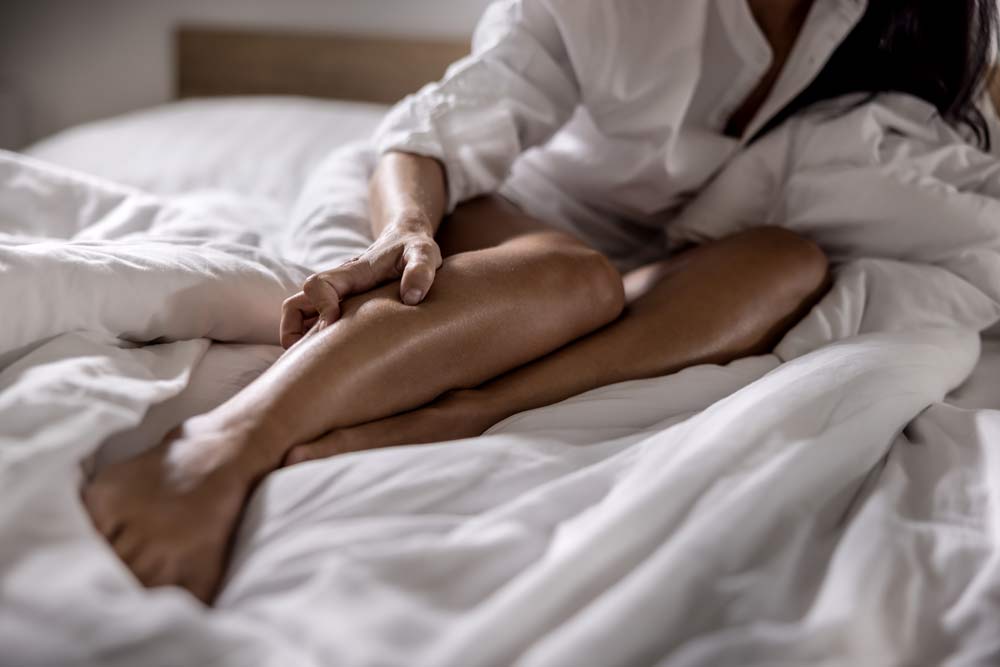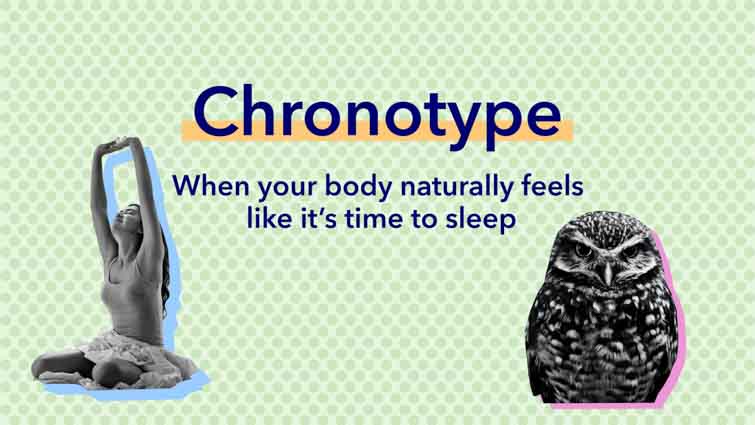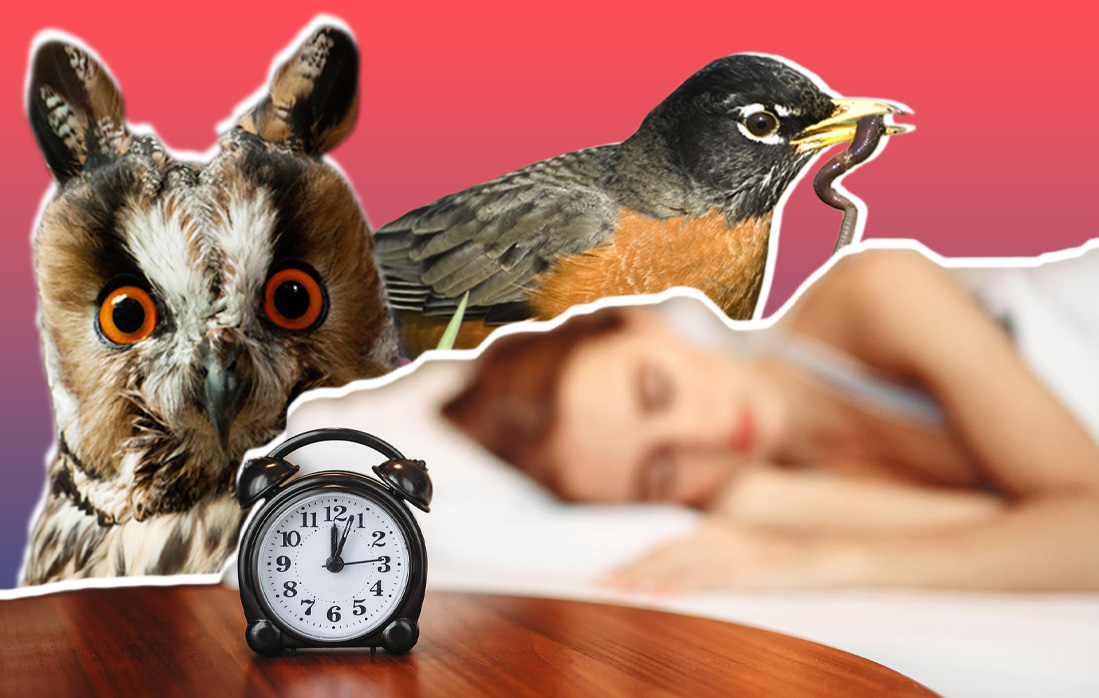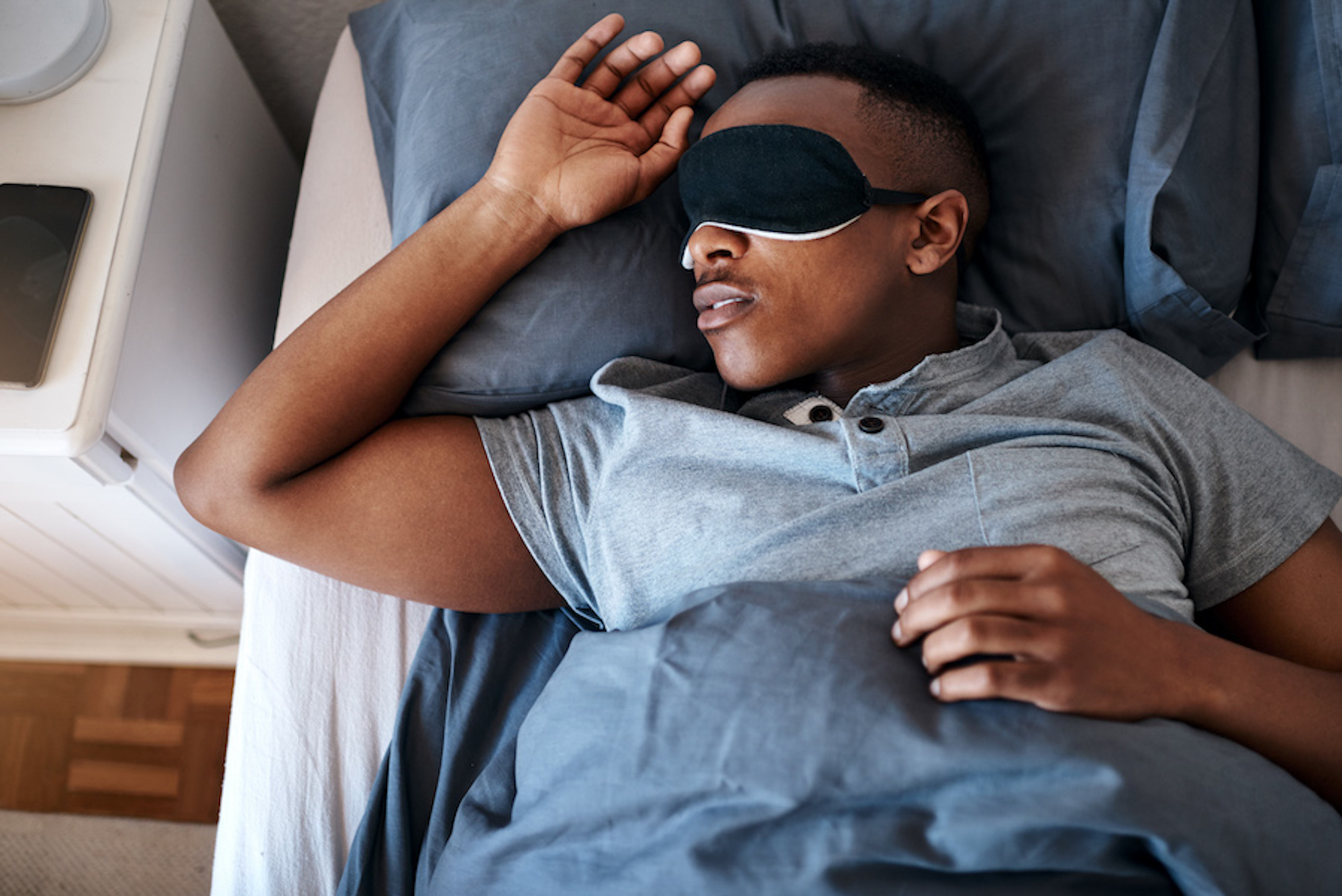
These days, people are increasingly realizing that there might be no more important indicator for numerous systems in your body than sleep. Sleep impacts your mood, your physical health, and now, researchers have found, your habits. A recent study out of Italy has found that evening chronotypes (sometimes known as “night owls”) might be more likely to smoke more and consume more alcohol than other chronotypes. (1)
Initially, the study had 465 participants between the ages of 18 and 40 years. All participants resided in Italy and the survey portion of the study was conducted via social media and email. Participants were asked questions regarding their age, gender, job, height, and weight to establish BMI. Additional questions were asked in regard to the weekly average number of cigarettes smoked and the number of alcohol units (AUs) consumed in a week.
The Pittsburgh Sleep Quality Index (PSQI) was used by participants to self evaluate sleep quality. To establish the participants’ chronotype, the Morningness/Eveningness Questionnaire (rMEQ) was used.
A subgroup of 245 participants was also asked to wear a Fitbit Inspire 2 for a week following the completion of the survey to evaluate sleep quality and efficiency. In order to fully participate in the study the questionnaire needed to be completely filled out, leaving the final participant count at 437 survey participants and 206 Fitbit wearers.
The survey found that there was a direct association between chronotype and lifestyle choices, especially in older males. Participants with an evening chronotype had a higher BMI and smoked more cigarettes on a weekly basis than other chronotype groups. Additionally, this chronotype showed poorer sleep quality and a higher level of alcohol consumption.
These same results were replicated in the group wearing the Fitbits, except for the association between alcohol consumption and chronotype.
This new information adds to a body of research on just how much our chronotypes impact our overall health and habits. A 2009 study found a direct correlation between later chronotypes and smoking for all ages–most significantly for teens and young adults. (2) And a 2021 review found that later chronotypes had poorer sleep qualities, leading to bidirectional impacts on overall health, including cardiovascular health, metabolic disorders and cancer. (3) We also know that chronotype can even impact how much you make at work, along with male infertility.
Not sure what your chronotype is? Take the quiz, then go to bed…your health depends on it.

Chronotypes: Understanding Types & Impact on Sleep

Can You Become a Morning or Night Person? Experts Weigh In.

Fasting and Sleep: Here’s What You Should Know

4 Benefits of Using a Sleep Mask That Have Nothing to Do With Sleep
Sources
1. Simone Bruno, Francesco Daddoveri, Marco Di Galante, Andrea Bazzani, Francy Cruz-Sanabria, Alessandro Colitta, Paola d’Ascanio, Paolo Frumento, Ugo Faraguna,
Chronotype and lifestyle in the transition to adulthood: Exploring the role of sleep health and circadian misalignment,
Sleep Health, 2024, ISSN 2352-7218, https://doi.org/10.1016/j.sleh.2024.08.003.
2. Wittmann, M., Dinich, J., Merrow, M., & Roenneberg, T. (2006). Social Jetlag: Misalignment of Biological and Social Time. Chronobiology International, 23(1–2), 497–509. https://doi.org/10.1080/07420520500545979
3. Montaruli A, Castelli L, Mulè A, Scurati R, Esposito F, Galasso L, Roveda E. Biological Rhythm and Chronotype: New Perspectives in Health. Biomolecules. 2021; 11(4):487. https://doi.org/10.3390/biom11040487